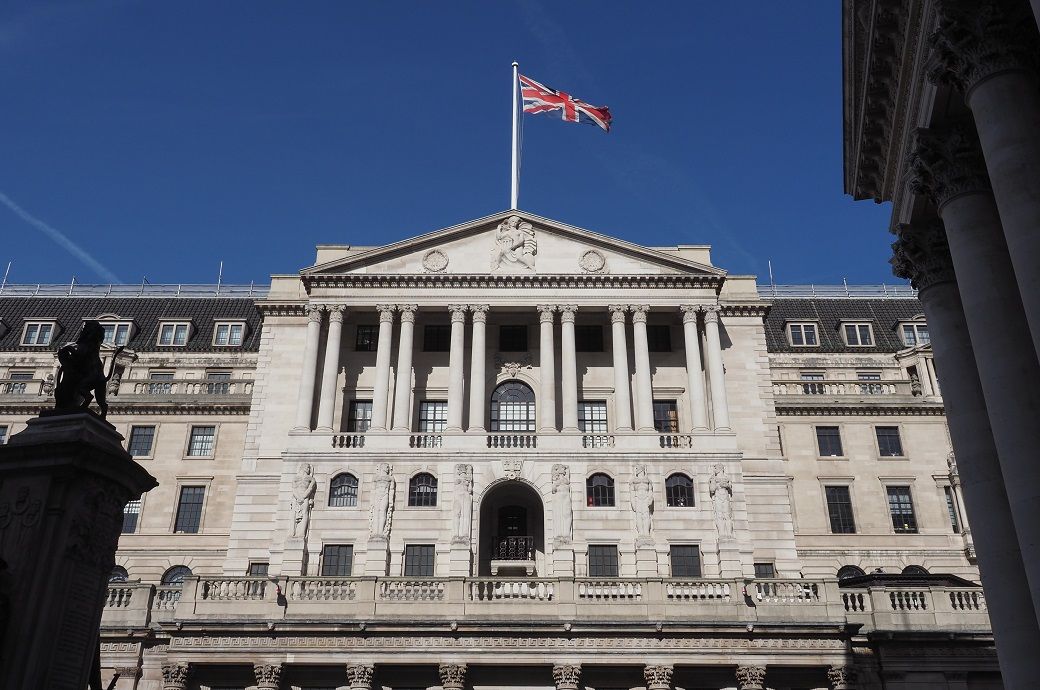
The Bank of England has made a significant move, reducing its base interest rate from 5 percent to 4.75 percent in a decision that garnered overwhelming support from the Monetary Policy Committee, with eight members voting in favor and one against. This action is aimed at alleviating the inflationary strain affecting both households and businesses across the UK.
In its announcement, the central bank emphasized that this rate cut is indicative of the ongoing disinflationary progress being made, although it cautioned that monetary policy will remain restrictive for an extended period until the inflation risks are fully mitigated. The committee highlighted that, while external shocks that contributed to inflation have lessened, domestic inflationary pressures are taking longer to resolve.
The Bank stated that its monetary policy is focused on eliminating remaining inflationary influences to achieve a stable 2 percent inflation target, which it aims to do in a sustainable manner. As of September, consumer prices had decreased to an annual inflation rate of 1.7 percent, but projections suggest a rise to approximately 2.5 percent by year-end due to changes in energy prices.
Additionally, services inflation has seen a decline, currently sitting at 4.9 percent. Despite a drop in earnings growth in the private sector, which averaged 4.8 percent over three months to August, the labor market remains relatively tight, albeit showing signs of loosening.
Looking ahead, the Bank of England anticipates that the chancellor’s £70 billion expenditure plan, funded by increased taxes and borrowing, will contribute an estimated 0.5 percentage points to headline inflation and support GDP by about 0.75 percent. Their updated forecasts indicate inflation may peak at around 2.75 percent by mid-2025, with expectations for it to remain above the target until 2026, pushing back previous projections for a quicker return to stability.
The central bank underlined its commitment to maintaining a restrictive monetary policy until the uncertainties surrounding sustainable inflation control are substantially addressed. This decisive action from the Bank of England showcases its dedication to navigating the complex economic landscape while striving for stability.






